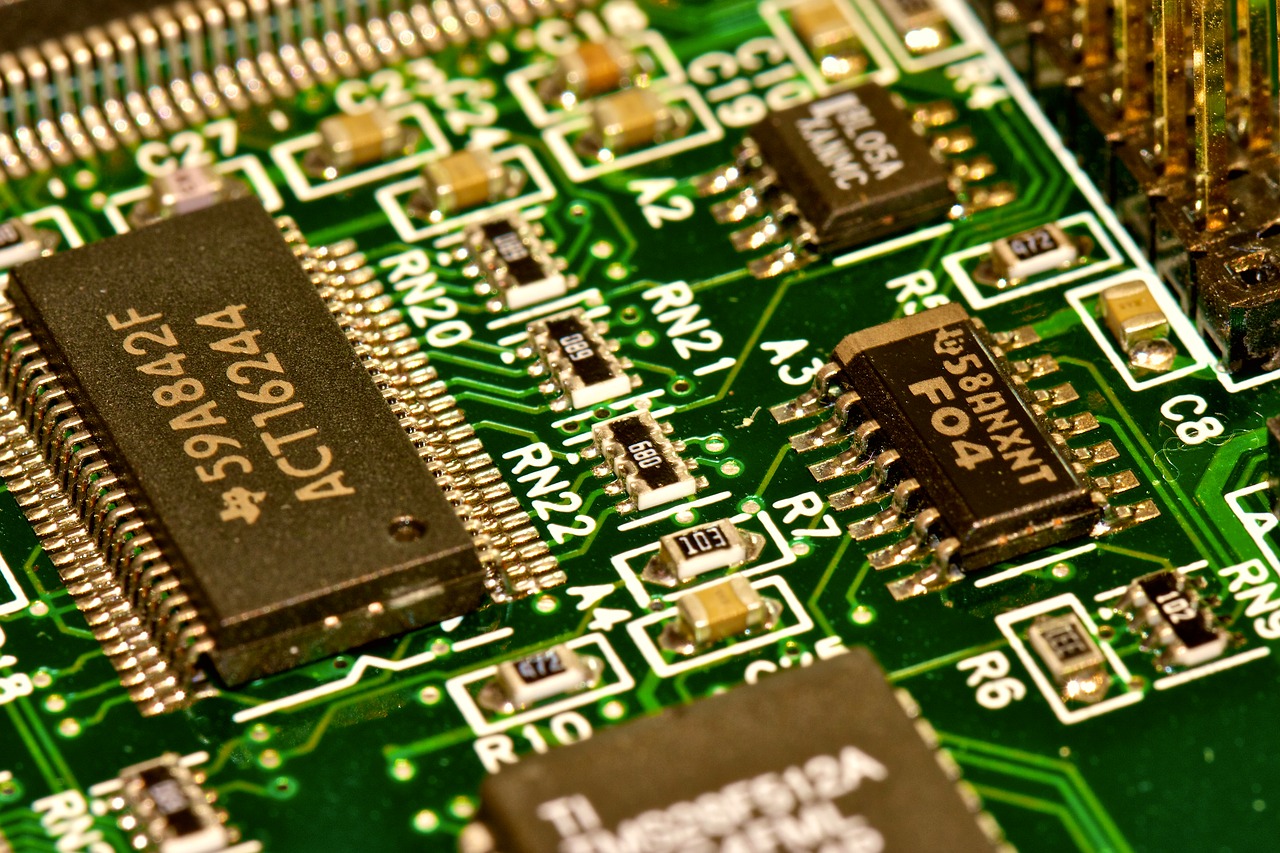ECE better known as Electrical and computer engineering is a branch of engineering which deals with the designing and production of electronic devices, circuits, transmitters and other electronic devices. This branch is a wide range including sectors like biomedical engineering, production of computer hardware, aerospace industry, electronic chips, robotics, solar energy and other related aspects. Electrical and computer engineers are responsible for designing, producing and testing communication and broadcast systems. They can work for industries, commercial purposes, and military or in scientific companies. Here are five of the best courses that you are looking after completing your ECE.
1) PCB designing course
A PCB or Printed Circuit Board is an electrical device made of fiberglass which electrically supports and connects other parts of the device together. This course could be listed as the top among the ECE branch, as PCB is the foundation for electronics. As an electrical engineer, designing a PCB is the skill that is of utmost importance to the syllabus. A printed circuit is the most important component of any electronic product and it plays a vital role in the industry. So, designing a PCB is a skill that every Electrical engineer should possess. Most of the colleges in India don’t teach PCB designing as part of their syllabus, so if a person who is an ECE graduate, then they can learn this course. The course will cover fundamentals of basic electronics, how to identify the various components, how to design it etc.
2) Telecommunication engineering course
This course is one among the most rapidly growing engineering discipline which comes under ECE and it helps in supporting and enhancing telecommunication sector. It covers a wide range of topics like electrical, civil, structural etc. The course covers areas where students works on designing basic circuits to massive production and development of telecommunication devices, electronic switching systems, fibre optics etc. This course helps the students to know about optical network systems, broadband technologies and wireless network systems. Good communication skills, logical reasoning, basics of programming management and designing skills are required. There are various courses one could opt under telecommunications like B.E courses, or B.Tech which lasts for 4 years. Some of the famous institutions which provides this course are Bangalore Institute of Technology, SRM University Ghaziabad etc. In the last consecutive years, there has a been a steady growth in the telecom department, so selecting this course would make a person more job oriented if you are interested in telecommunication sector.
3) VLSI Design Engineer
VLSI Design or Very Large Scale Integration is the process of creating an Integrated Circuit or IC wherein thousands of transistors are combined together to form a chip. VLSI forms a huge part of our daily lives because we use it in our day to day lives without realizing it. They are used in computers, cameras cellphones and various other electronic devices. They are responsible for the designing and production of modules on electronic chips using the prescribed software and tools. This is a field which is highly technical in its aspects and is suitable for people who passed out as successful graduates in electrical and computer engineering. Only people with a degree in ECE would be able to opt for this course, as this course requires a lot of practical aspects like designing and producing electronic chips. The salary is also in par with the job, one could get a minimum of 5 lakhs or more per annum as a VLSI Design Engineer. Individuals those who are interested can take up online courses where, the necessary skills like various kinds of designing and programming are dealt with. VLSI also have a huge scope in India, as private firms also offer job portals for candidate s who have a degree in VLSI.
4) Nano Technology
Nano Technology, better known as Nano Engineering is the study of engineering on a nanoscale. Nanometer is a unit of measurement which equals one billionth of a meter. Nano technology is used in such a way that the scientists and professionals produce materials with less physical mass but high durability. Nano Technology includes all parts from the field of engineering like the Mechanical, Civil, and microelectronics in designing and generating materials. B.Tech in Nano Technology is a four year old course which have great career options in oil industries, chemicals, electronics, automotive industry etc.
5) Instrumentation Engineering
This is a branch of engineering which deals with the study of measuring instruments which are generated In order to use in fields like electronics. In this course students learn Engineering Mathematics and chemistry of engineering along with computer programming and fundamentals of measurement and instrumentation. They should possess an aptitude for science and maths and should be able to work under tiring conditions.


Akaseh Balaji
• July 4, 2021It’s very useful for me
Pradeepa
• July 23, 2021It is very useful to me thank you